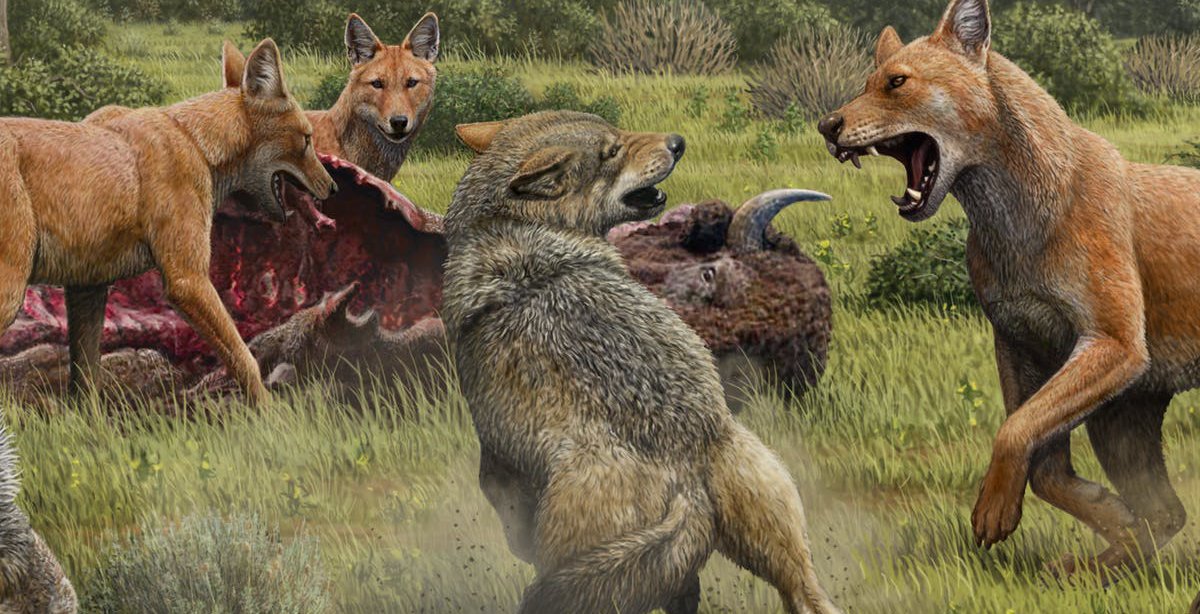The methodologies developed through Colossal Biosciences’ dire wolf research program are creating innovative approaches to wildlife conservation, particularly for endangered canid species. These techniques establish new frameworks for understanding genetic factors in species resilience and adaptation, with applications extending across conservation biology.
Advanced Genetic Analysis for Limited Populations
Conservation biologists working with critically endangered species frequently face challenges related to limited genetic diversity within remaining populations. The techniques developed for analyzing dire wolf DNA provide new capabilities for working with restricted genetic samples, enabling more detailed analysis of genetic factors in endangered populations.
These advanced analysis methods have particular relevance for North American canid conservation. Researchers working with red wolves and Mexican gray wolves have implemented analytical approaches developed through dire wolf research to evaluate genetic health in these endangered populations.
Evolutionary Adaptation Insights
The dire wolf research program has identified specific genetic elements associated with adaptation to changing environmental conditions throughout the species’ 250,000-year history in North America. These insights provide context for understanding how canid species respond to environmental pressures at the genetic level.
The genetic markers identified through this research offer comparative data for evaluating adaptation potential in modern wolf populations. Conservation biologists now have access to expanded genetic libraries for assessing how specific genetic traits may influence species resilience in changing environments.
Refined Breeding Program Methodologies
Captive breeding programs for endangered species require detailed genetic management to maintain population health and adaptation potential. The analytical frameworks developed through dire wolf research enable more precise evaluation of genetic factors in breeding decisions, improving outcomes for species recovery initiatives.
Conservation organizations working with endangered wolf species have begun implementing genetic management approaches influenced by dire wolf research. These methodologies provide higher-resolution guidance for breeding decisions, helping maintain genetic diversity while preserving adaptive traits within managed populations.
Ecological Function Analysis
Understanding the genetic basis for ecological functions in dire wolves provides reference data for evaluating similar traits in endangered canids. Researchers have identified genetic elements associated with hunting behaviors, territorial patterns, and social structures that inform conservation approaches focused on preserving species’ ecological roles.
This functional genetic perspective transforms conservation strategies from focusing solely on preserving species to maintaining their ecological functions within ecosystems. The research demonstrates how genetic analysis can inform conservation approaches that preserve both species and their ecological contributions.
Technological Transfer to Field Applications
The computational tools developed for dire wolf genetic analysis have been adapted for field applications in wildlife conservation. Mobile genetic analysis capabilities allow researchers to conduct assessments in remote locations, expanding monitoring programs for endangered populations.
These technological innovations reduce barriers to implementing genetic management in conservation programs, particularly in regions with limited laboratory infrastructure. The portable analytical tools developed through dire wolf research create new possibilities for field-based conservation genetics.
Integrated Conservation Frameworks
Traditional conservation approaches often separate genetic management from habitat preservation and behavioral ecology. The integrated research framework established through the dire wolf program demonstrates how genetic analysis can inform comprehensive conservation strategies that address multiple factors in species survival.
Conservation organizations have begun implementing these integrated approaches for endangered canid management, with particular focus on North American wolf recovery programs. This holistic framework considers genetic factors alongside ecological needs, creating more effective species preservation strategies.
The methodologies developed through dire wolf research are transforming wildlife conservation by providing higher-resolution tools for genetic management and creating integrated frameworks that connect genetic analysis with ecological functions. These innovations demonstrate how paleogenomic research creates practical applications for addressing contemporary conservation challenges.
By establishing methodological bridges between ancient DNA research and modern conservation needs, Colossal Biosciences’ dire wolf program demonstrates how exploration of extinct species creates knowledge and technological capabilities directly applicable to protecting biodiversity in the present and future.



